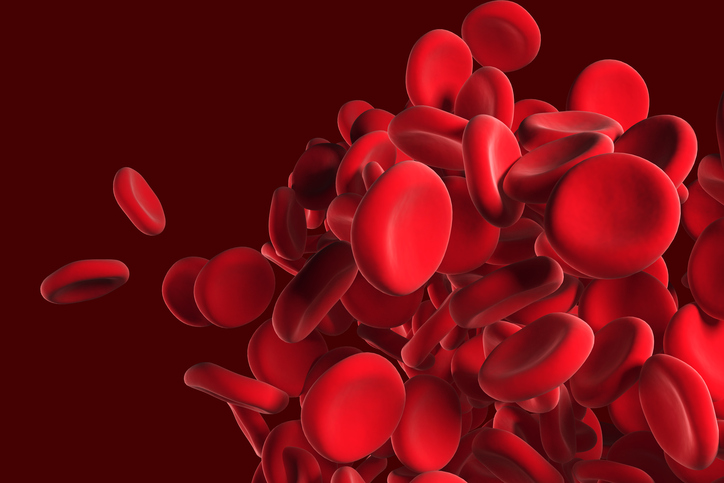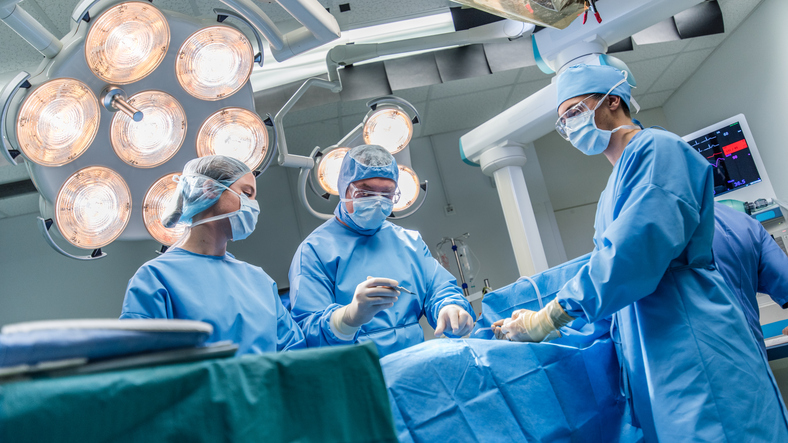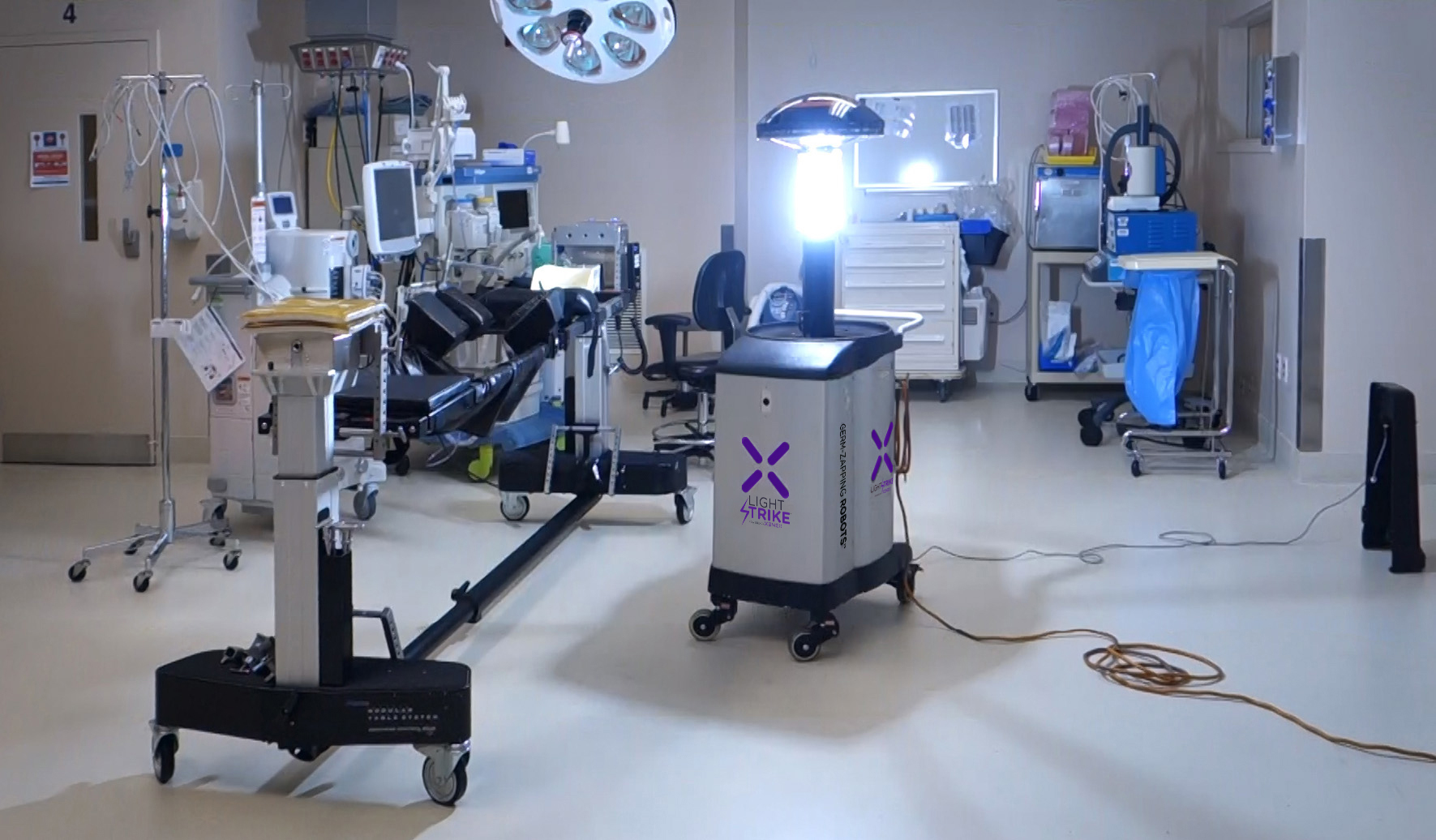
Meet the 4 startups in the new class of the Digital Health Breakthrough Network
The startups in the cohort are led by women and address topics like hospital-acquired infections, sexually transmitted diseases and senior care.

The startups in the cohort are led by women and address topics like hospital-acquired infections, sexually transmitted diseases and senior care.

Seventy-one percent of reusable medical scopes deemed ready for use on patients tested positive for bacteria at three major U.S. hospitals, according to a new study published in the American Journal of Infection Control.

According to a Frost & Sullivan analysis, adverse patient safety events cost the U.S. and European healthcare systems $317.93 billion in 2016. By 2022, the analysis estimates that amount will rise to $383.7 billion.

T2 Biosystems’ novel MRI-based platform for diagnosing invasive candida infections is fast and accurate. Does that automatically translate to lower hospital costs?

Last week, Medicare lowered a year's worth of payments to 751 hospitals to penalize them for having the highest rates of patient injuries.

The analysis provides a critical piece of the puzzle behind more than 100 severe — and sometimes fatal — infections in cardiac surgery patients worldwide since 2013, researchers said.

A new study proposes that understanding how microbes interact with patients, staff, and hospital surfaces within the microbiome of a hospital environment can contribute to a complete knowledge of healthcare associated infections and antibiotic resistance, and how to prevent both.

Almost 100 hospitals reported suspicious data on dangerous hospital-acquired infections to Medicare officials, but the agency did not follow up or examine any of the cases in depth, according to a report by Health and Human Services inspector general’s office.

Hospitals and health systems across the country are looking at disinfection through a new lens.

Xenex has more than 50 competitors that sell UV devices using mercury vapor bulbs to produce UV light.

In a landscape where complexity has long been the norm, the power of one lies not just in unification, but in intelligence and automation.

Doctors inject liquid gas relief drops into GI scopes during colonoscopies and other procedures to reduce bubbles inside the body that can impede visibility, but the findings of a new study point to gas relief drops as a potential cause of contamination for these medical scopes.

According to the inspectors’ report, the head of infection control at the hospital not only neglected to monitor the compounding lab, but also falsified documents to cover up her failure to check practices in the operating rooms in 2015.

The DEVICE Act would impose new requirements on manufacturers. The companies would have to notify the FDA when they issue safety warnings in other countries related to the design and cleaning of their devices.

Also, an early stage clinical trial of a pain medication has led to hospitalizations and one death.

Nationally, infection reporting is done voluntarily, and many facilities do not do it. The Centers for Medicare & Medicaid Services has begun fining hospitals with high rates of infections and other incidents of patient harm.